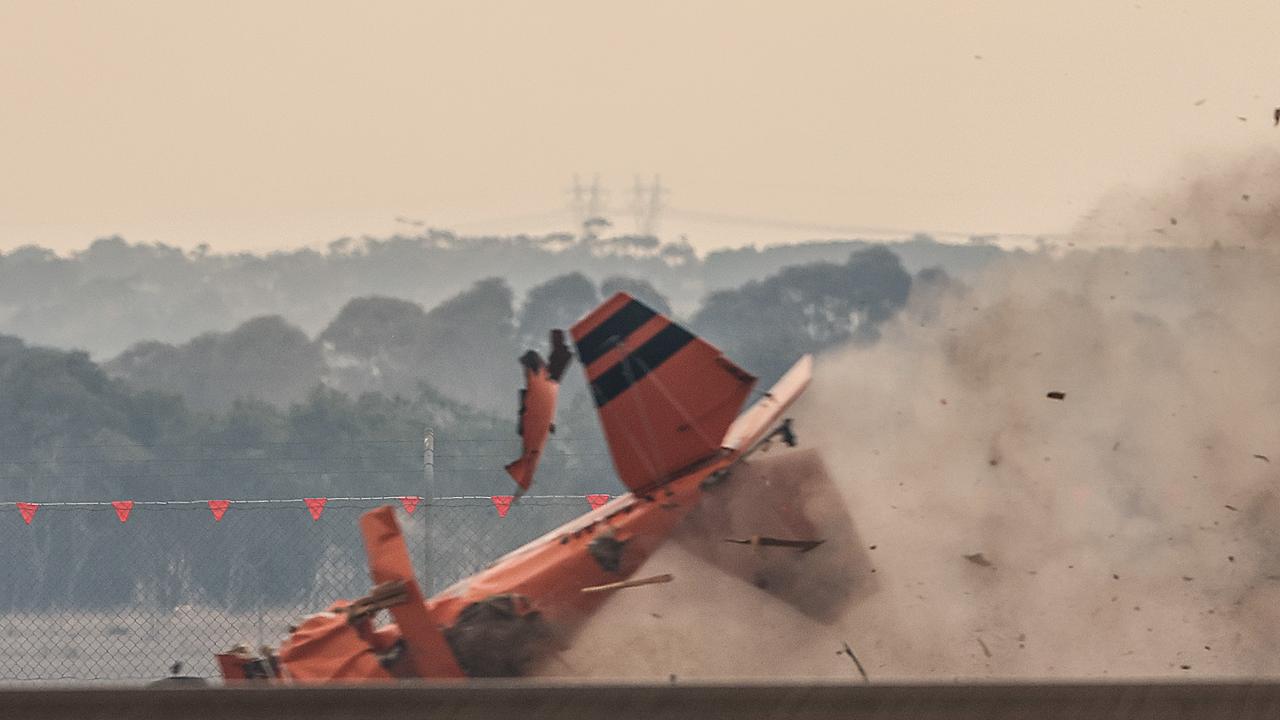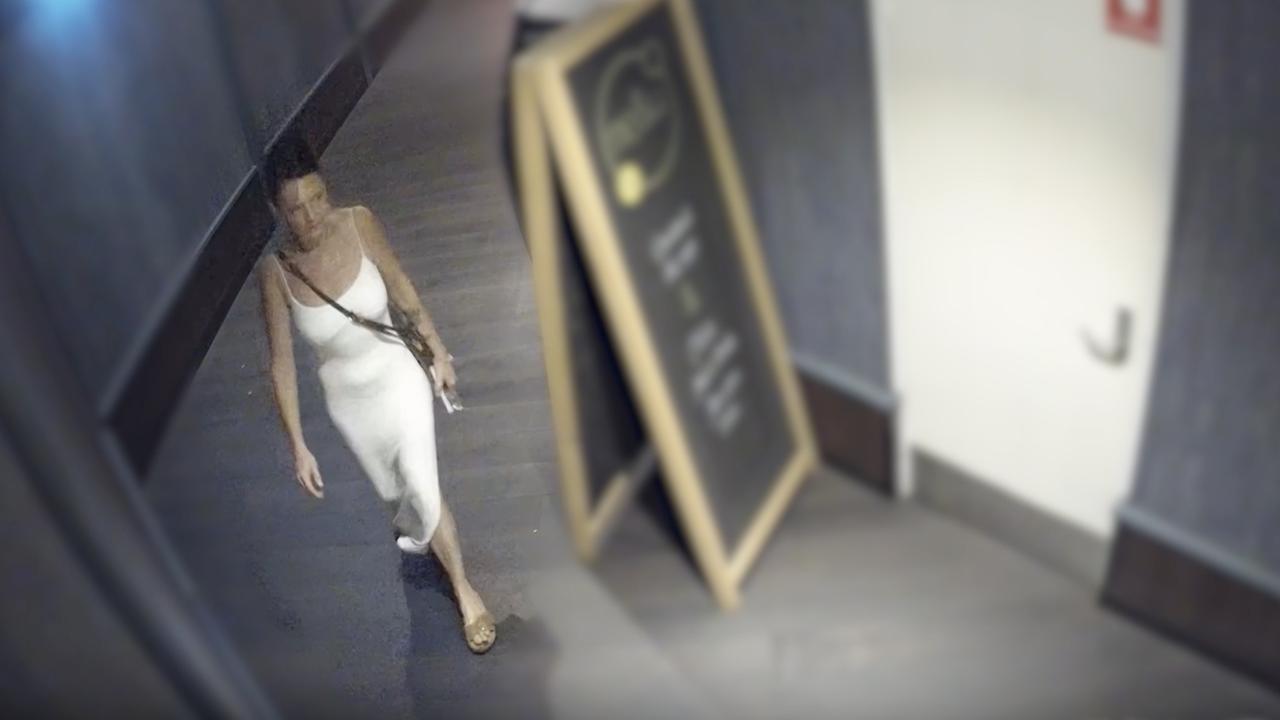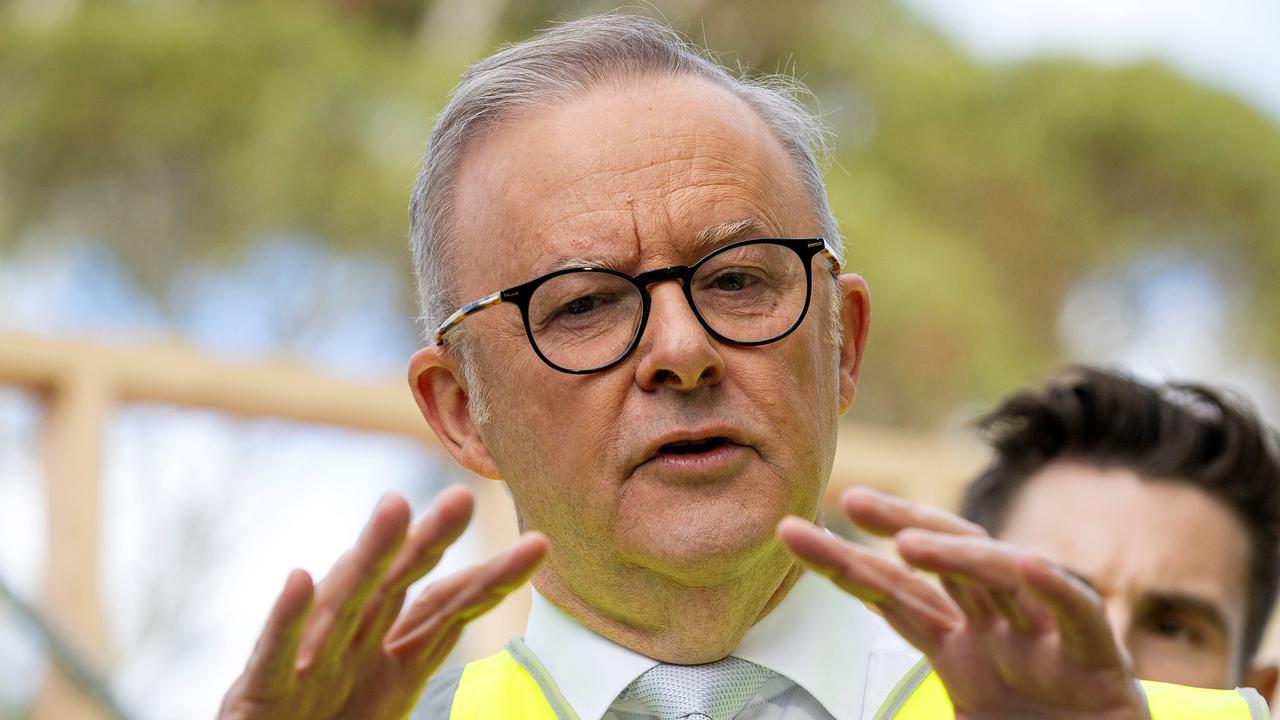UN nuclear chief says Iran, US running out of time to secure deal
UN nuclear chief says Iran, US running out of time to secure deal

UN nuclear watchdog chief Rafael Grossi said Thursday that Iran and the United States were running out of time to secure a deal as they prepare to hold fresh nuclear talks this weekend.
Iranian and US delegations are to gather in Rome on Saturday for a second round of Omani-mediated negotiations, a week after the longtime foes held their highest-level talks since US President Donald Trump abandoned a landmark nuclear accord in 2018.
In March, Trump sent a letter to Iran's supreme leader Ayatollah Ali Khamenei urging talks and warning of possible military action if Iran refused.
"We are in a very crucial stage of these important negotiations. We know we don't have much time. This is why I am here... to facilitate this process," Grossi said on a visit to Tehran.
"We are working hard and we want to succeed," he told a joint news conference with Iran's atomic energy agency chief Mohammad Eslami, acknowledging that the effort to secure a deal was "not an easy process".
On Wednesday, Grossi met with Foreign Minister Abbas Araghchi, who led the first round of talks with US Special Envoy Steve Witkoff on Saturday.
Araghchi said he had a "useful" meeting with the International Atomic Energy Agency chief.
"The IAEA can play a crucial role in peaceful settlement of the Iranian nuclear file in the coming months," he said.
Araghchi called on the IAEA chief to "keep the agency away from politics" in the face of those seeking to "derail current negotiations". He did not elaborate.
Oman's foreign ministry confirmed it would again mediate the talks, which it said will be in Rome "for logistical reasons."
- 'Not far' from possessing bomb -
Before heading to Iran, Grossi told French newspaper Le Monde that Tehran was "not far" from possessing a nuclear bomb.
Western governments have long accused Iran of seeking to acquire nuclear weapons capability, an ambition Tehran has consistently denied.
A year after Trump pulled out of the 2015 nuclear deal, Iran began rolling back its own commitments under the agreement, which gave it relief from sanctions in return for IAEA-monitored restrictions on its nuclear activities.
In its latest report, the IAEA said Iran had an estimated 274.8 kilograms (605 pounds) of uranium enriched to up to 60 percent.
That level far exceeds the 3.67 percent enrichment ceiling set by the 2015 deal, but still falls short of the 90 percent threshold required for a nuclear warhead.
Since he returned to office in January, Trump has revived his "maximum pressure" policy, imposing punishing economic sanctions against Iran.
On Thursday Trump said he is "not in a rush" to take military action against Iranian nuclear facilities, "because I think that Iran has a chance to have a great country".
Trump did not confirm a New York Times report that he had blocked an Israeli plan to strike Iranian nuclear facilities in favour of seeking a negotiated deal.
Israel did not directly comment on the report, but Prime Minister Benjamin Netanyahu's office said Israel would not allow Iran to acquire nuclear weapons.
"The prime minister has led countless overt and covert actions in the battle against Iran's nuclear programme, without which Iran would today possess a nuclear arsenal," Netanyahu's office said.
There was no immediate comment from Tehran on the remarks.
- 'Conflicting positions' -
Khamenei has cautioned that while the talks with the United States had started well, they "may or may not yield results."
On Wednesday, Araghchi said Iran's enrichment of uranium was not up for discussion after Witkoff called for a halt.
Witkoff had previously demanded only that Iran return to the 3.67 percent enrichment ceiling set by the 2015 deal.
Araghchi said he hoped to start negotiations on the framework of a possible agreement, but that this required "constructive positions" from the United States.
Araghchi was in Moscow on Thursday on a "pre-planned" visit to the Tehran ally, where he met with President Vladimir Putin.
"Our regular exchanges with Russia and China have allowed us to align our positions," Araghchi said on arrival in the Russian capital.
Meanwhile, the Saudi Defence Minister Prince Khaled bin Salman travelled to Tehran and delivered a message from the Saudi king to Khamenei, according to the leader's official website.
During his first term, Trump attempted to forge an alliance between Israel and the Gulf Arab states against Iran.
But in 2023 Tehran and Riyadh restored ties in a Chinese-brokered rapprochement.
rkh-mz/it/jsa



